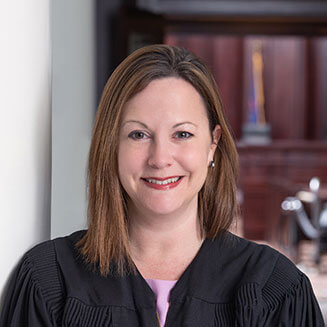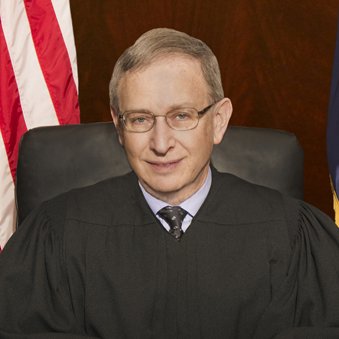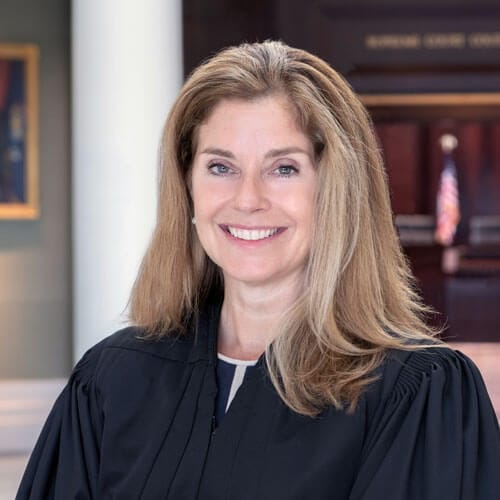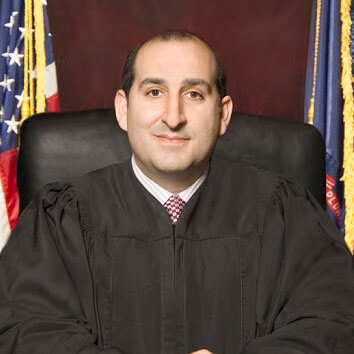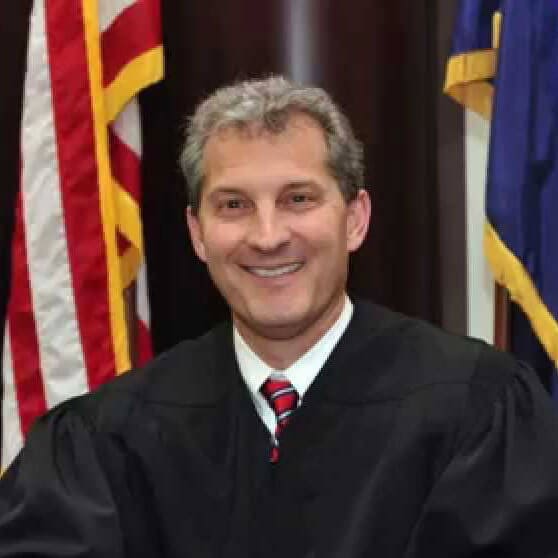And we’ll show you two ways to help. Together, we can be a voice for change and protect Michigan’s land, air, water, public health, and democracy.
The 2020 election was fraught with false claims of mass election fraud by Donald Trump and many of his supporters. Hundreds of lawsuits were brought by Republicans across the country challenging the electoral process, with the ultimate goal of overturning President Biden’s fair, clear, and valid electoral win in favor of Trump. Ensuring that we have a functioning democracy and can hold our elected representatives accountable for their actions is essential to advocating for sound environmental policy. The Michigan Supreme Court’s ultimate dismissal of Johnson et al. v. Sec. of State signalled the Court’s unwillingness to engage in partisan-fighting and safeguarded our free and fair elections processes.
The Supreme Court of Michigan was petitioned to intervene in the 2020 presidential election to address alleged fraud related to the counting of absentee ballots. Petitioners asked the Court to grant an injunction preventing the Governor from certifying Michigan’s presidential election results, to issue a declaration that the constitutional rights of petitioners had been violated, and to appoint a special master to investigate their claims of fraud. The Court agreed to consider the matter but ultimately a four justice majority issued an order denying the petition. Three justices dissented.
On November 26th, 2020, Angelic Lee and Linda Lee Tarver petitioned the Michigan Supreme Court to intervene in the 2020 presidential election. Plaintiffs Lee and Tarver petitioned for: an injunction preventing the certification of the election results; a declaration that their constitutional rights had been violated; and the appointment of a special master to investigate claims of fraud and irregularities in the counting of absentee ballots.
- Whether or not the petition should be considered by the Court.
- Whether the petition should be granted by the Court.
On December 9th, 2020, the Court ruled 4-3 to consider but ultimately deny the petitioners’ requests for injunctive relief, declaratory judgment, and a motion to intervene.
Justice Clement concurred with the court’s order, articulating three reasons why the court should not grant the petitioners requests: timing, jurisdiction, and procedure. With respect to timing, Justice Clement did not wish to prolong the uncertainty of the election outcome given that, politically, it had already been decided since the electoral votes for Michigan had been certified. Jurisdictionally, Justice Clement notes that the petitioners disagreed with decisions by the Board of State Canvassers, but that the Court has no authority to intervene in those decisions. Nor does the Court have the authority to intervene to enjoin the Secretary of State from certifying the election. Finally, Justice Clement criticized the procedural aspects of the petition. Justice Clement determined that the provision that the petitioners claimed gave them authority to challenge the outcome of the election was actually reserved for the legislature, and if the legislature wanted to secure an audit or seize certain election-related records it would almost certainly have the right to do so. Additionally, it has long been Justice Clement’s position when it comes to legal questions regarding elections that the Court should strive to unsettle as little election law as possible, and in this case, the petition brought would force the Court to create extensive new election jurisprudence that is not justified by the situation presented.
Three Justices dissented from the court’s order. Justices Zahra and Viviano each wrote separate dissents, with Justice Markman joining both. Justice Zahra dissented because he believed the issues presented by petitioners merited deeper consideration by the court, through oral arguments and additional briefing by the parties. Unlike Justice Clement, Justice Zahra thought the constitutional questions presented merited further inquiry, particularly questions about the process and scope of an election audit. Justice Viviano also dissented because he believed the constitutional questions presented should be adjudicated by the Court, but also to highlight the lack of clarity in Michigan’s laws regarding the adjudication of election fraud claims.


